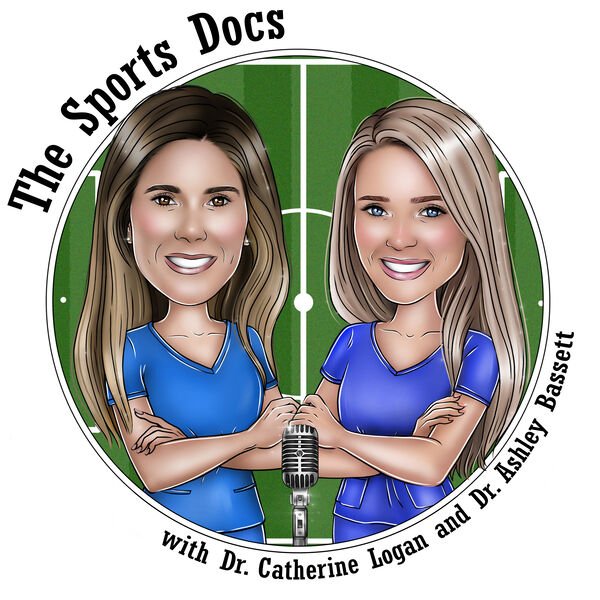21. Dr. Melissa Christino: The Mental Side of the Injured Athlete - Part I
On today’s episode we’re focusing the mental side of the injured athlete: what factors influence the psychological aspects of return to play, what criteria are used to determine readiness and how this all differs between sports, injury types and gender.
We’re joined today by Dr. Melissa Christino! Dr. Christino is a board-certified orthopaedic surgeon who is dual-fellowship trained in orthopaedic trauma and sports medicine. Dr. Christino has a long history of involvement with athletics. She is a Hall of Fame Athlete at Hingham High School as well as a Division 1 athlete and coach for the Harvard University Women’s Lacrosse team. Following her medical training, Dr. Christino has provided medical care to athletes from the youth to professional levels and enjoys working with athletes of all ages.
We have some great articles for you today that contribute well to our conversation on returning to sport after musculoskeletal injury. The first paper is a review article authored by today’s guest entitled The Mental Side of the Injured Athlete, published in the June 2021 issue of JAAOS. This article details the circumstances athletes are often faced with, such as injury in sport, that make them susceptible to psychological challenges unique to the athletic population. The authors note that these circumstances can be a source of notable distress and may precipitate the emergence of new psychological disorders or exacerbate underlying psychological disorders that are already present. The aim of this review was to highlight the impact of psychological factors on measurable outcomes after orthopedic surgery and to explore interventions that can be implemented to improve surgical outcomes and the overall care of injured athletes.
The next article we will discuss is titled Mental Health Services in NCAA Division I Athletics: A Survey of Head ATCs published in Athletic Training. This observational study surveyed 127 head athletic trainers at Division I NCAA colleges. Questions assessed several aspects of mental health clinicians, perception of care coordination, and screening. 72% of respondents noted that counseling took place in a counseling center while 20% indicated that they had a mental health provider who worked in the athletic training room. Mental health clinician credentials varied widely and included marriage and family therapists, psychologists, clinical social workers, and psychiatrists. Fewer than half of the ATCs surveyed indicated that they use screening instruments to assess for mental health disorders.
Finally, for Part I of this episode, we will discuss the AJSM article Sports-Specialized Intensive Training and the Risk of Injury in Young Athletes published by Dugas and colleagues. The authors set out to determine whether sports specialization, weekly training volumes, and growth rates are associated with increased risk for acute injury and serious overuse injury in young athletes. This level 3 case control study assessed injured athletes aged 7 to18 years old from 2 hospital-based sports medicine clinics and compared with healthy controls from affiliated primary care clinics undergoing sports physicals. The authors found that injured athletes were older than uninjured athletes and reported more total hours of physical activity and more organized sports activity. Sports specialized training, defined as engaging in intensive training and/or competition in a sport for at least 8 months per year at the exclusion of other sports, was an independent risk for injury and serious overuse injury. The authors also found that growth rate was not related to injury risk.
We are honored to have Dr. Christino join us for the discussion today. Dr. Christino is a pediatric othopaedic surgeon at Boston Children’s Hospital and is very involved with clinical research and national orthopedic organizations. She currently serves as a member of the ACL Performance.
